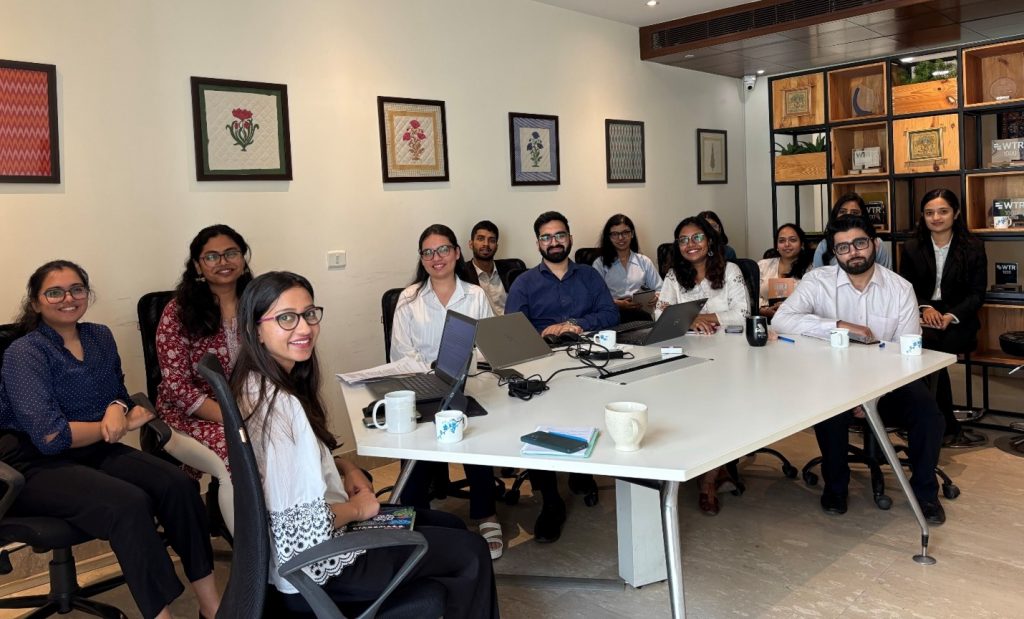In the recent PWS session, Nivrati Gupta, Associate, hosted a discussion on “Should Freedom of Expression Take Precedence Over Trademark Rights in Parody, Satire, and Criticism?” In the session the attorneys discussed the delicate balance between trademark protection and freedom of expression, in the context of parody, satire, and criticism. The attorneys explored how the law should distinguish between protecting brand identity and allowing space for creative and critical commentary.



